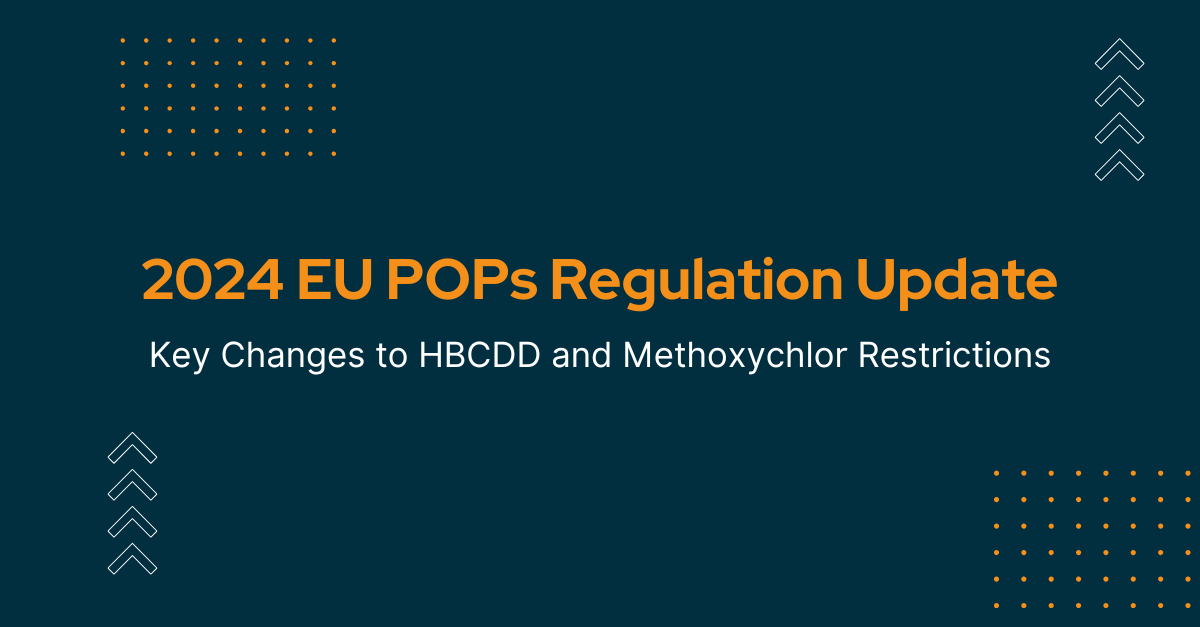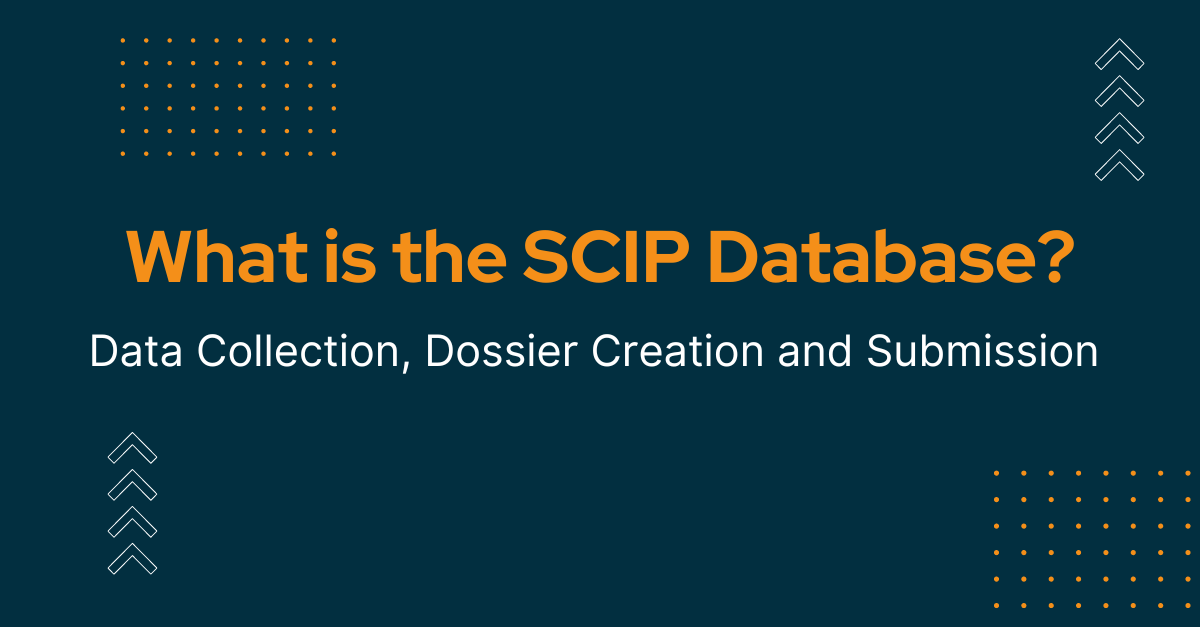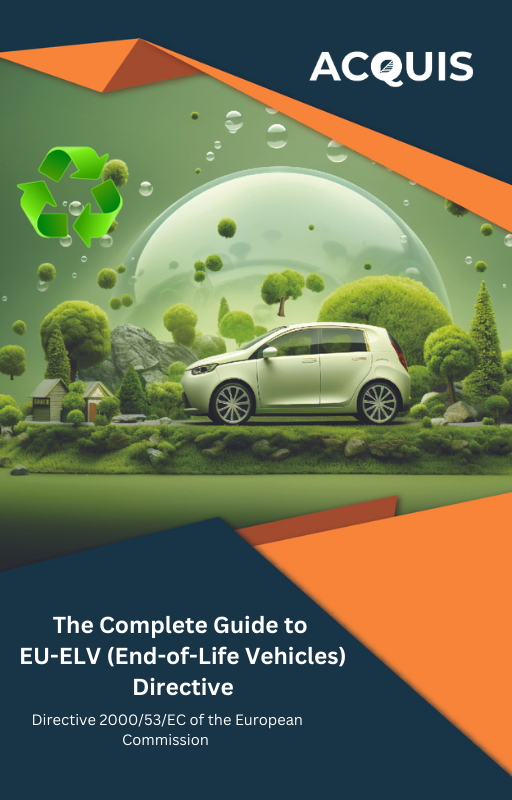Have you ever heard of persistent organic pollutants (POPs)?
These substances may not be familiar to many people, but they are a serious threat to our health and the environment. POPs are organic chemicals that persist in the environment, accumulate in living organisms, and can travel across borders through the air, water, and migratory species. Once in the environment, they can be extremely difficult to eliminate, and exposure to them can cause serious health problems.
In response to the threat posed by POPs, the international community has taken action to regulate their use and release into the environment. The Stockholm Convention on Persistent Organic Pollutants is a global treaty that aims to eliminate or restrict the production and use of POPs. Under the Convention, parties are required to take measures to reduce and eliminate the release of POPs into the environment. This includes measures to control the use of POPs in agricultural and industrial processes, as well as the disposal of POPs-containing waste. One of the key provisions of the Convention is the requirement for parties to develop national action plans to identify and reduce sources of POPs in their countries. These action plans are important tools for implementing the Convention and ensuring that POPs are effectively controlled.
In addition to the Stockholm Convention, there are also several other international agreements and regulations that address the issue of POPs. For example:
- The Aarhus Protocol on Persistent Organic Pollutants, a 1998 protocol on persistent organic pollutants.
- The Rotterdam Convention requires countries to obtain prior informed consent before exporting certain hazardous chemicals, including some POPs.
- The United Nations Framework Convention on Climate Change (UNFCCC) also addresses the issue of POPs, as they are a significant source of greenhouse gas emissions. The UNFCCC aims to reduce greenhouse gas emissions and limit the impacts of climate change.
- The Montreal Protocol on Substances that Deplete the Ozone Layer is another international agreement that addresses the issue of POPs. The Protocol aims to protect the ozone layer by phasing out the production and use of chemicals that contribute to ozone depletion, including some POPs.
- In the United States, the Environmental Protection Agency (EPA) has implemented regulations under the Clean Air Act and the Toxic Substances Control Act to control the use and release of POPs.
These regulations include measures to limit emissions of POPs from industrial sources and to prohibit the use of certain POPs in some products.
These treaties have been adopted worldwide, and the European Union has implemented them through the POPs Regulation. The EU POPs Regulation (EU) 2019/1021 is a set of specific control measures designed to protect the environment and human health from the negative effects of POPs. These measures include
- Prohibiting or severely restricting the production, placing on the market, and use of POPs,
- Minimizing the environmental release of POPs that are formed as industrial by-products,
- Ensuring the safe management of restricted POPs stockpiles, and
- Ensuring the environmentally sound disposal of waste consisting of or contaminated by POPs.
Chemicals that have been identified as POPs include:
Pesticides, Industrial chemicals, Unintentional by-products formed during industrial processes, degradation, or combustion.
Examples of POPs:
The most commonly encountered POPs are organochlorine pesticides, such as DDT, industrial chemicals, polychlorinated biphenyls (PCB) as well as unintentional by-products of many industrial processes, especially polychlorinated dibenzo-p-dioxins (PCDD) and dibenzofurans (PCDF), commonly known as dioxins
Conclusion: The regulation of POPs is an important step in protecting human health and the environment from the harmful effects of these chemicals. By working together, the international community can ensure that POPs are effectively controlled and eliminated.
Speak to Our Compliance Experts
Share
ENVIRONMENTAL COMPLIANCE
- RoHS
- SCIP (WFD)
- REACH
- California Proposition 65
- Material Disclosure (FMD)
- PFAS
- TSCA PBT
- EU POPs
- EU MDR & IVDR
- ELV (GADSL)
- Others
- Extended Producer Responsibility (EPR)
INTEGRATION SUPPORT
WE ARE GLOBAL
USA
6705 Ridgedale CT, Glen Allen, VA 23059
+1.757.801.2760
info@aquiscompliance.com
India
#9/2, Hennur Bagalur Main Road, Bengaluru - 560077
+91 789 238 1827
info@aquiscompliance.com



